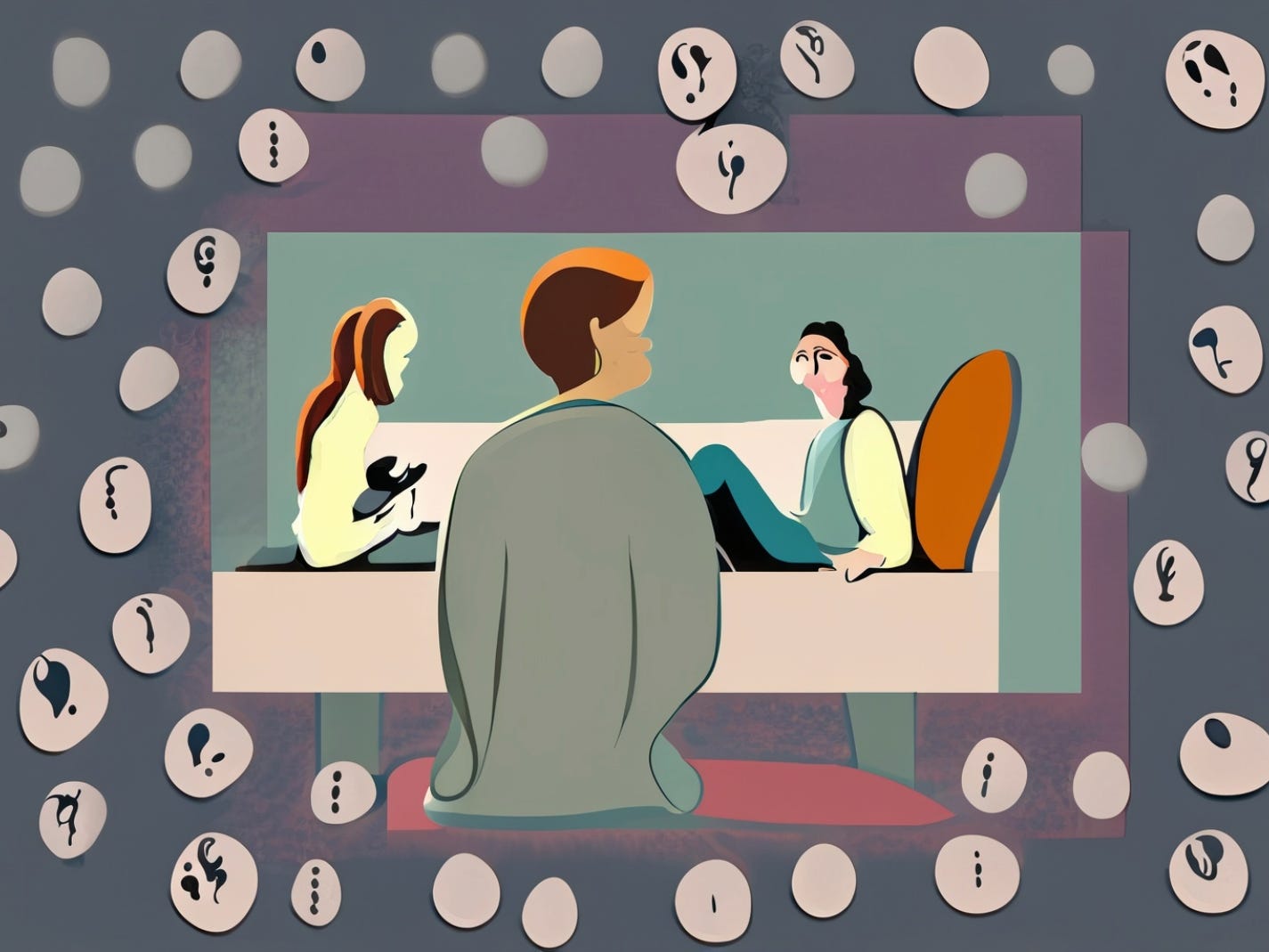MLK wasn’t a myth or messiah. He was just a man—and that’s enough
For FAIR’s Substack, Angel Eduardo writes about why the worst way to honor King’s legacy is to forget that he was a human being.
For all our sakes, we should embrace the truth: Martin Luther King Jr. was a chain-smoking, philandering, sexist, and wise pillar of love, goodwill, courage, and unity who led perhaps the most important social movement in American history. Some may bristle at this, but there is nothing about the negative I have acknowledged in that statement that discounts, diminishes, or discredits the positive. The bad emphasizes the good. If someone with such blights on his character can still have the colossal positive impact on our country and culture that King did, it means nothing can stop you and me from doing the same.
Martin Luther King’s Understanding of Racism
For Quillette, FAIR Advisor John Wood Jr. writes about how King’s sophisticated understanding of racism bridges two worldviews: that racism is primarily systemic as well as interpersonal.
To Dr. King, human identity mattered much more than race. Human value was anchored in divinity. The roots of racism lay in the fact that black people had been treated as commodities, depersonalized. Racism deviates from the view that all men are made in the image of God. This truth transcends anything that can be gleaned about humanity from our racial categories. “Let us be dissatisfied until that day when nobody will shout ‘White power!’—when nobody will shout ‘Black power!’—but everybody will talk about God’s power and human power,” Dr. King declared in 1967, in the last year of his life. His views and tactics had evolved as he continued to push for transformational moral and material change in a country deeply steeped in injustice. But his fundamental convictions were the same at the end of his life as they had been right from the beginning.
America Works. DEI Doesn’t.
For Tablet, Corey Brooks writes about the disconnect between DEI ideology and the realities of his community.
What I tried to explain to him was that hope lies in American principles. Despair and further generations of poverty, disease, and hopelessness lie in the DEI principles. We may be on the bottom of America, but the power of American principles and America’s promise are equally ours. The tragedy is that false promises of uplift from outsiders have blinded us to our greatest power for so long: ourselves.
Counseling’s Political Purity Push: Unveiling the Identity Crisis That Hijacked Accreditation and Shaped a Profession
For Minding the Campus, FAIR Tennessee member Suzannah Alexander writes about the identity crisis in counseling.
At that same time, they also lamented the fact that their ranks were composed largely of young white women. Thus, they stressed the need for everyone, even clients, to adopt multiculturalism as a value.
Within just a few years of that gathering, the profession settled on advocacy as a central mission for the field. It didn’t seem to matter that advocacy was a poorly defined goal or that a number of counselors disagreed. Also ignored was the reality that even counseling cannot serve two masters, and this divided loyalty could jeopardize the heart of the profession, good mental health therapy.
The Truth About Banned Books
For The Free Press, James Fishback writes about the left’s claims that progressive books are being censored in public schools and his research that proves the opposite is true.
As Dr. Martin Luther King Jr. once said, people fear each other because they don’t know each other, and “they don’t know each other because they don’t communicate with each other.” Books are perhaps the greatest pathway to communication for a divided nation. They offer a deep and uninterrupted way to engage with ideas and perspectives vastly different from our own. At a time of profound national division, the skill of appreciating and understanding the other side, even if you vehemently disagree, is more important than ever.
FAIR News Podcast
For audio versions of our FAIR News and FAIR Weekly Roundup newsletters, subscribe and listen to FAIR News Weekly on Apple Podcasts, Spotify, Google Podcasts, or via RSS feed.
Join the FAIR Community
Join us, and become a member of FAIR.
Become a FAIR volunteer, or join a FAIR chapter.
Take the Pro-Human Pledge and help promote a common culture based on fairness, understanding, and humanity.
Sign-up for a Welcome to FAIR Zoom information session to learn more about our mission.
Share your reviews and incident reports on our FAIR Transparency website.











I loved how Mr Brooks, in his Tablet piece, did not hold back in his condemnation for DEI. He summed it up so well in these two lines, "The reality is that DEI is an ideology for the privileged. It helps people like Claudine Gay who exploit race for power and prestige and it hurts communities like mine by exploiting them for poverty-porn." and "It’s manipulative rhetoric, a way of exploiting Jonathan’s tragedy, and the tragedy of thousands of young men like him, on behalf of professional-class ideologues who seek to use our pain to fuel their rise through American institutions."
What I love more, though, is his positive view on how change can really be made, "The tools I give them are timeless and universal: Respect your parents, be on time, study hard, work hard, pray, be responsible, be accountable, don’t blame the white man, save money, build credit, plan for the future, get married, be a parent. You fall—get back up. Just do it." Those are universal lessons for all young people.
But, now for a serious question....if we are trying to get rid of the DEI oppressor ideology, why are people continuing to capitalize the b in Black? That just feeds into it. We need to go back to proper grammar in which both white and black are just colors, and neither should be capitalized.